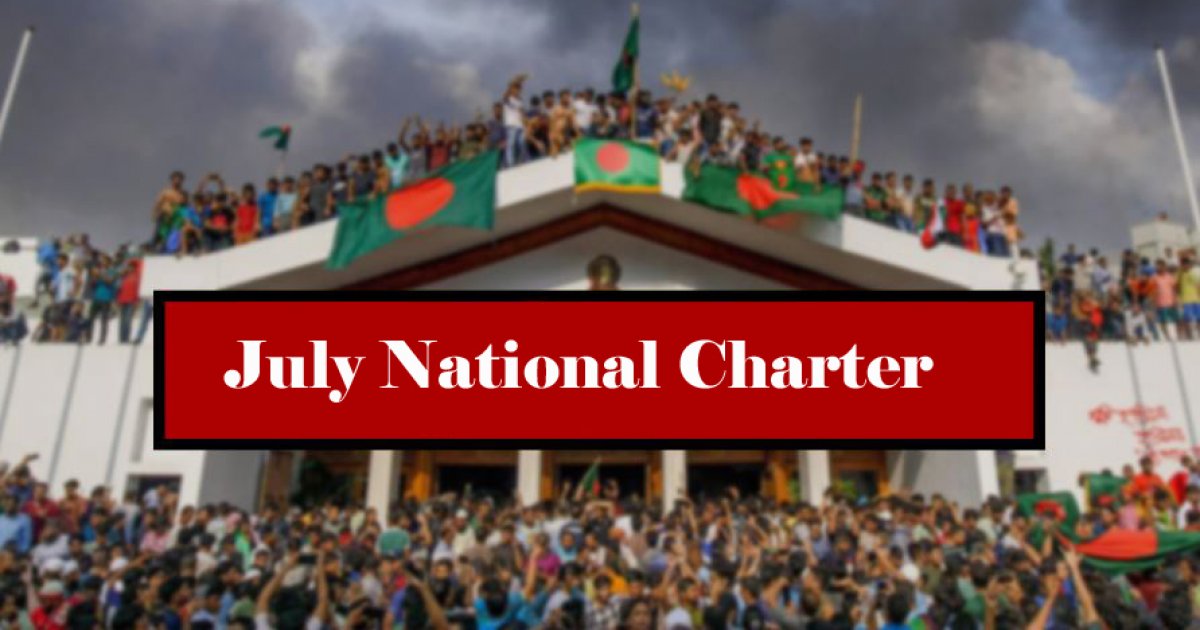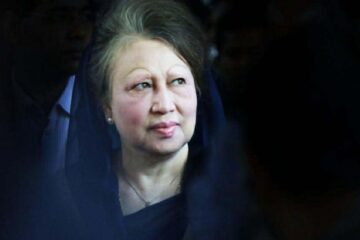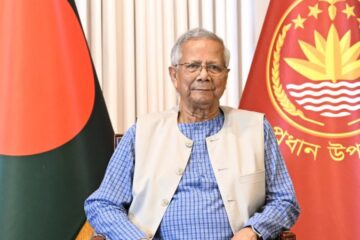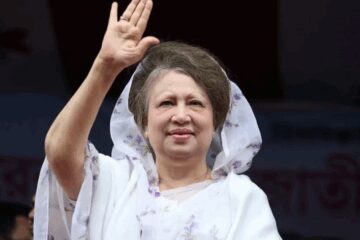The July Charter referendum will be held on the same day as the next parliamentary election in early February, Chief Adviser Dr Muhammad Yunus announced in a nationally televised address yesterday.
Voters will be asked to express their opinion by casting a single “yes” or “no” vote on a bundle of four constitutional reform questions.
The government later clarified that the ballot will not contain four separate answers.
Instead, one unified answer will apply to all four issues.
“Only one answer will be given for the four questions, either yes or no,” Deputy Press Secretary to the Chief Adviser Azad Majumdar told Dhaka Tribune.
“If someone votes yes, it means they agree with all four.”
The decision immediately triggered public debate and confusion over how a single tick can represent support, or rejection, for multiple unrelated reforms.
Many voters are hearing about the July Charter for the first time and have little understanding of what it contains.
What exactly will voters be asked?
The chief adviser outlined the four reform areas that will appear under one combined question on the referendum ballot.
Voters will be asked: “Do you agree to the July National Charter (Constitutional Reform) Implementation Order, 2025 and the following proposals?”
The proposals are:
- a) During election periods, the caretaker government, the Election Commission and other constitutional institutions will be formed in line with the July Charter framework.
- b) Parliament will become bicameral, with a 100-member upper house whose approval will be required for any constitutional amendment. Members will be allocated proportionately based on the national vote share.
- c) Winning parties must implement the 30 consensual points of the July Charter, including increased representation for women, an opposition-elected deputy speaker, limits on the prime minister’s tenure, enhanced presidential powers, expanded fundamental rights and stronger judicial and local government independence.
- d) Other reform commitments in the July Charter will be carried out as pledged by political parties.
Voters will respond to all four items through a single “yes” or “no.”
Why the format is controversial
Journalist and columnist Amin Al Rashid called the structure “flawed,” arguing that it forces voters to take an all-or-nothing stance on complex reforms that may require separate scrutiny.
“How will voters answer four different questions with a single yes or no?” he said.
“What if someone supports two and opposes two? A ballot cannot carry both yes and no. That ballot will be invalid.”
He added that the July Charter itself remains unfamiliar to most citizens.
“How much does the common man know about the charter? Will a farmer, housewife or rickshaw-puller suddenly read a dense political document? Who will explain it door to door?”
Amin also said that some proposals carry dissent notes from several political parties, including BNP, raising questions about how voters can approve contested items in a single bundled vote.
“The National Consensus Commission’s recommendation to implement the Charter while ignoring dissent is beyond its jurisdiction,” he said.
Growing public confusion
Saiful Haque, president of the Biplobi Workers Party, echoed concerns, saying the bundled format undermines the purpose of a referendum.
“Even the most astute person cannot answer so many important questions with a simple yes or no,” he said.
“It seems the government’s own crisis has been transferred onto the people. The referendum’s purpose cannot be fulfilled this way.”
He argued that the attempt to accommodate all parties has instead created deeper complications.
With just weeks left before the national vote, the referendum is emerging as one of the least understood components of the country’s political transition.
Although the July Charter is a landmark reform document, its technical language, wide scope and political disagreements mean many citizens are learning about it only through headlines.
What remains unclear for now is whether the government or political parties will launch targeted public awareness campaigns, or whether voters will head into a historic referendum without fully understanding what is at stake.



